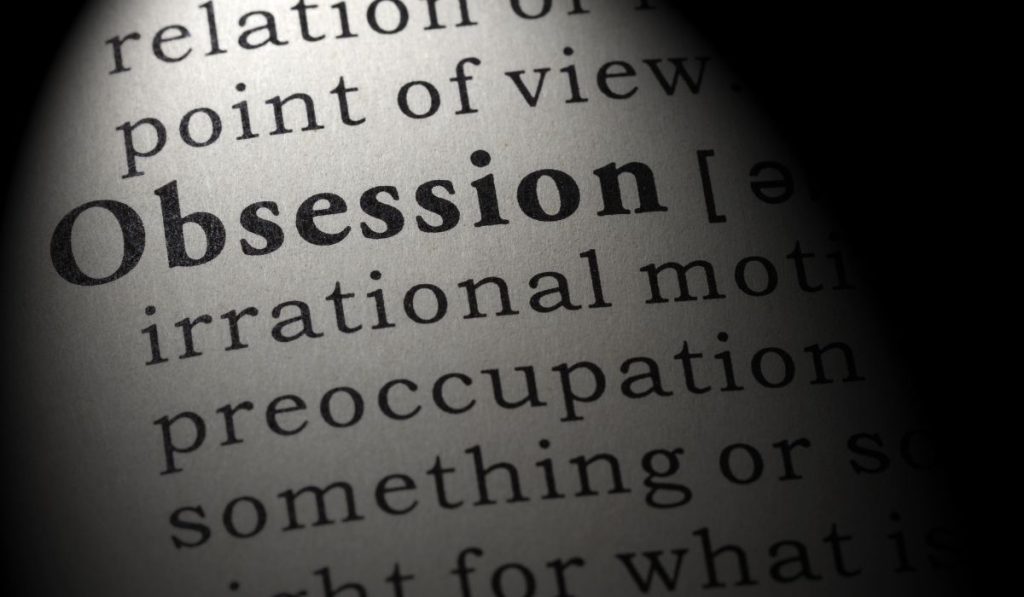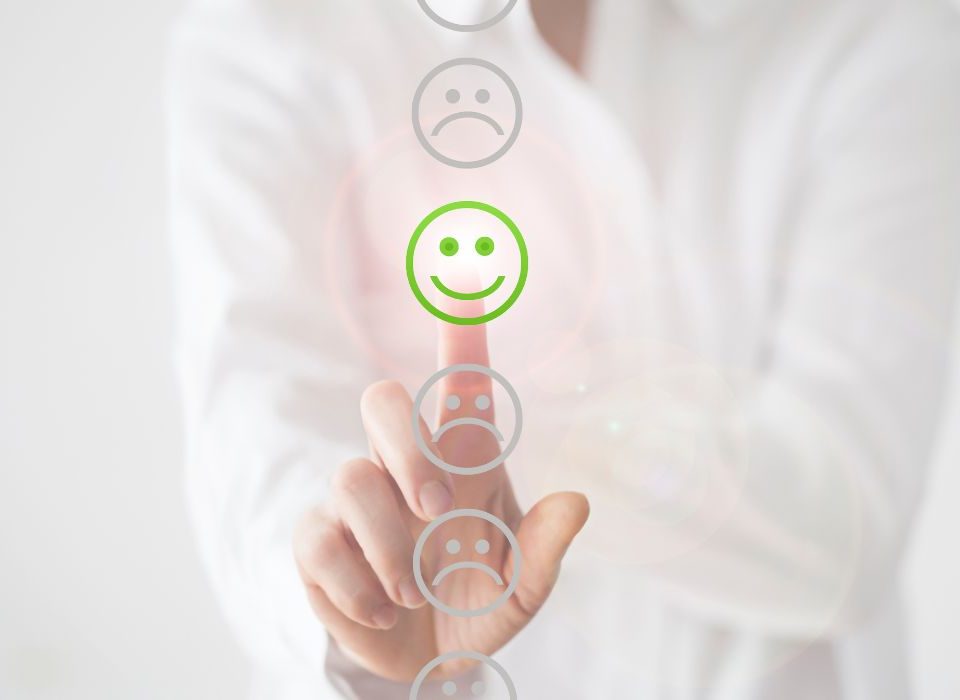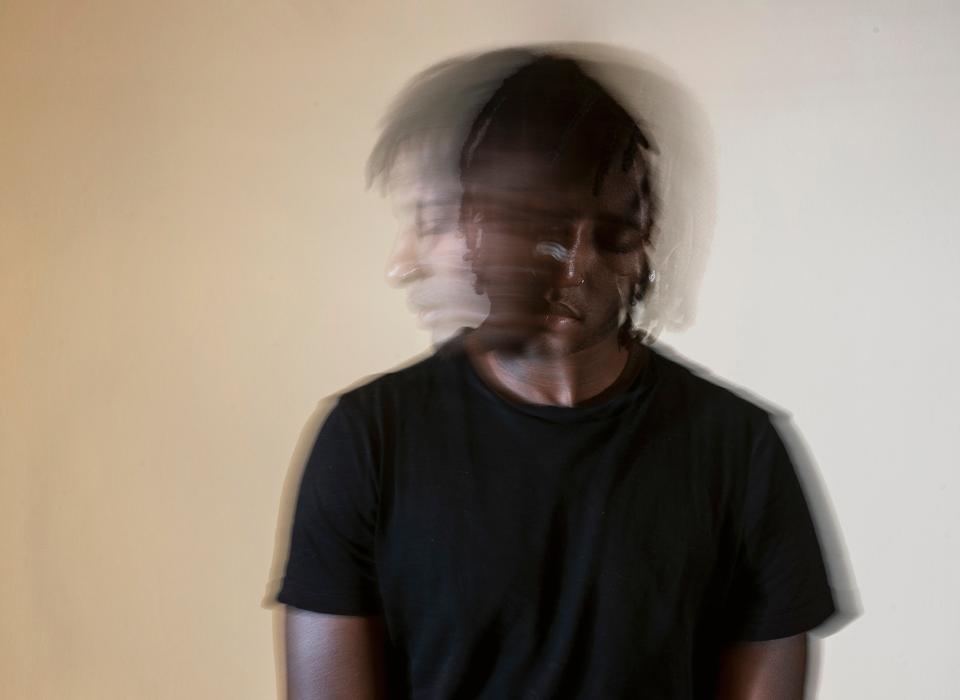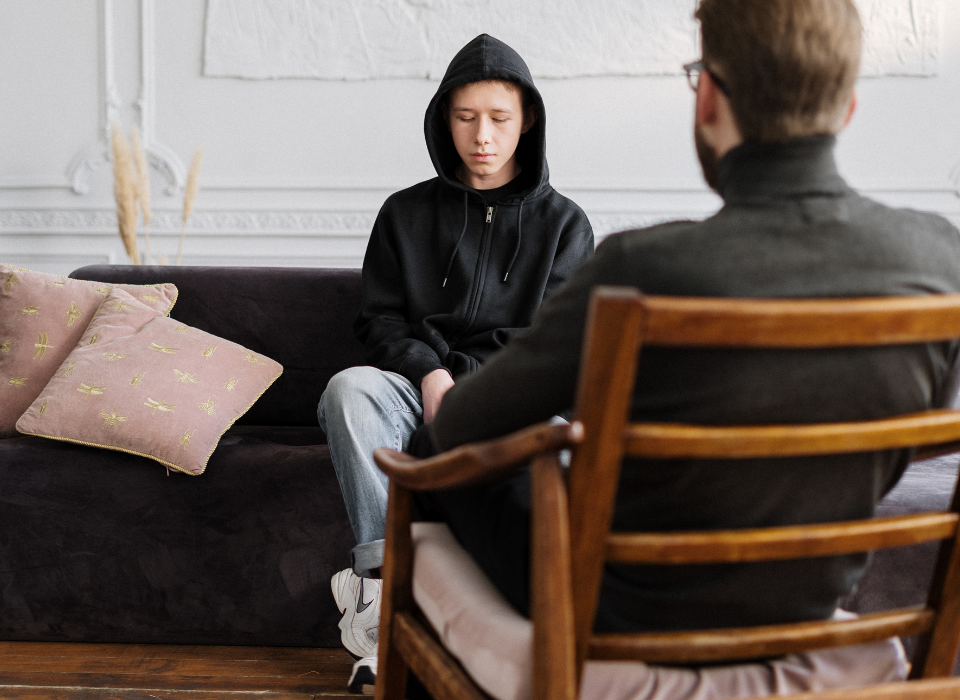
Can Social Anxiety Get Worse With Age?
January 28, 2025
How Seasonal Changes Can Worsen Eating Disorder Symptoms
February 12, 2025
In a world dominated by social media, beauty standards, and an overwhelming focus on physical appearances, many individuals find themselves navigating unhealthy relationships with their bodies. This fixation on achieving a specific look or size can lead to an intense preoccupation, often referred to as body image obsession. While it’s natural to care about one’s appearance, becoming obsessed with body image significantly impacts mental health and overall well-being.
What Does It Mean to Be Obsessed with Body Image?
Being obsessed with body image refers to an excessive concern or fixation on physical appearance, often tied to societal or personal beauty standards. For some, this obsession manifests as a relentless pursuit of perfection through dieting, exercise, or cosmetic procedures. For others, it involves constant self-scrutiny or feelings of inadequacy when comparing themselves to others.
This preoccupation can affect anyone, regardless of age, gender, or background. Societal pressures, media representations, and personal insecurities often fuel the obsession. Left unchecked, it can lead to serious mental health challenges, including anxiety, depression, or eating disorders.
Signs of Body Image Obsession
Understanding the signs of obsession is crucial for recognizing when concern for appearance becomes harmful. Below are some common indicators that a person might be struggling with body image obsession:
- Excessive Mirror Checking or Avoidance
Constantly scrutinizing one’s appearance in mirrors or entirely avoiding reflections are both signs of an unhealthy relationship with body image. This behavior stems from a hyper-awareness of perceived flaws. - Frequent Comparison to Others
Someone with a body image obsession often compares their appearance to others—whether friends, celebrities, or influencers—leading to feelings of inadequacy or envy. - Unrealistic Beauty Goals
Setting unattainable standards for one’s body, such as achieving the “perfect” weight or muscle tone, is a hallmark of body image obsession. These goals often come from societal or media-driven ideals. - Compulsive Exercise or Dieting
Overexercising or obsessively controlling food intake can signify an unhealthy fixation on achieving a specific physique. While these habits might initially appear health-conscious, they can become compulsive and detrimental. - Body Dysmorphia
Many individuals with body image obsession also experience body dysmorphic disorder. BDD is a condition where one may perceive minor or nonexistent flaws as severe imperfections. - Emotional Distress About Appearance
Persistent anxiety, shame, or frustration about one’s looks can indicate an obsessive preoccupation with body image. This distress often interferes with daily life and self-esteem. - Excessive Use of Filters or Photo Editing
Relying heavily on photo-editing apps or filters to alter images before sharing them online can signify dissatisfaction with one’s appearance. Thus leading to an unrealistic desire to conform to beauty standards. - Avoidance of Social Situations
Fear of judgment about one’s body can lead to avoiding public or social situations, such as swimming, exercising, or attending events.
The Mental Health Impact of Image Obsession
An image obsession doesn’t just affect how someone views their body; it impacts mental health, relationships, and quality of life. Those fixated on their appearance often experience:
- Low Self-Esteem: Constant dissatisfaction with one’s body can erode confidence, creating a cycle of self-criticism and negativity.
- Isolation: The fear of judgment or criticism may lead to withdrawal from social interactions.
- Increased Anxiety and Depression: Feelings of inadequacy or the inability to meet unrealistic beauty goals often contribute to mental health struggles.
- Disordered Eating: Body image obsession is a significant risk factor for developing eating disorders such as anorexia, bulimia, or binge eating disorder.
What Fuels Body Image Obsession?
Several factors contribute to the development of body image obsession. These include:
- Social Media and Media Representation: Platforms like Instagram and TikTok often glorify unattainable beauty standards, fostering unhealthy comparisons.
- Cultural Expectations: Certain cultures place immense value on physical appearance, adding pressure to conform.
- Past Trauma or Negative Experiences: Bullying, teasing, or rejection based on appearance can trigger long-term insecurities.
Breaking Free from Body Image Obsession
Overcoming a body image obsession begins with cultivating a healthier relationship with oneself and rejecting harmful societal pressures. Here are some steps to consider:
- Limit Exposure to Social Media Triggers
Unfollow accounts that promote unrealistic beauty standards and focus on content that celebrates body diversity and positivity. - Practice Self-Compassion
Challenge negative thoughts about your appearance by focusing on what your body can do rather than how it looks. Practicing gratitude for your health and abilities can shift the focus from appearance to self-worth. - Seek Professional Help
Therapists and counselors can help individuals address the underlying causes of body image obsession. In particular, cognitive-behavioral therapy (CBT) is effective for reframing harmful thought patterns. Eye Movement Desensitization and Reprocessing (EMDR) is effective for trauma related to body image obsessions. - Engage in Activities That Promote Confidence
Find hobbies or pursuits emphasizing personal growth and self-expression rather than physical appearance. - Surround Yourself with Positive Influences
Build a supportive network of friends and loved ones who encourage self-acceptance and self-love.
Embracing a Healthier Perspective
A healthy body image doesn’t mean loving every aspect of your appearance but accepting yourself and valuing your worth beyond physical features. While it’s typical to care about appearance, becoming obsessed with body image can harm mental and emotional health. Recognizing the signs of obsession and taking proactive steps to address them can help individuals achieve self-acceptance and a more fulfilling life.
If you or someone you know is struggling with body image obsession, know that help is available. Reach out to a mental health professional or support network to begin the journey toward self-acceptance and healing.
_________________________________________________________________________________
Looking for treatment for an eating disorder, anxiety, depression, trauma, or postpartum mood disorder?
Evolve Counseling Services is a specialized team of Licensed Therapists providing treatment in Paoli.



